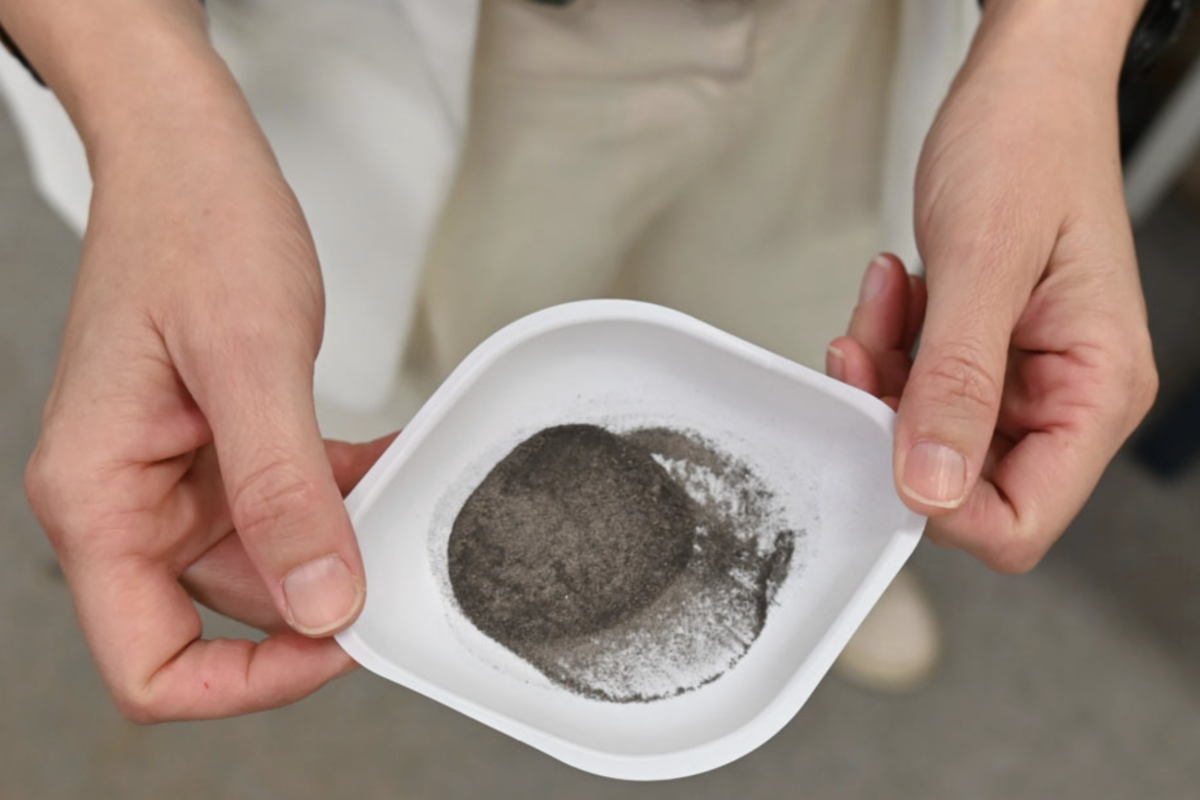All-solid-state lithium-ion batteries offer enhanced safety and energy density compared to their liquid electrolyte counterparts, but challenges associated with solid electrolyte, such as lower conductivity and insufficient electrode-electrolyte contact, remain one of the key hurdles on the technology’s pathway to commercialization.
Now, a group of researchers led by the Tokyo University of Science have discovered a stable, highly conductive electroyte material in the form of pyrochlore-type oxyfluoride. This innovation addresses the need for non-sulfide solid electrolytes, potentially paving the way for solid-state lithium-ion batteries with better performance and safety.
There are three classes of solid-state batteries. Those based on polymer electrolyte are already on the market, while those based on oxide and sulfide electrolytes are mostly in the prototype phase. Specifically, sulfide electrolytes have been the technology of choice for some of the major developers, including BYD, CATL, Samsung SDI and Toyota.
However, while sulfide-based solid electrolytes are conductive, they react with moisture in air to form toxic hydrogen sulfide.
“Making all-solid-state lithium-ion secondary batteries has been a long-held dream of many battery researchers,” said Professor Kenjiro Fujimoto. “We have discovered an oxide solid electrolyte that is a key component of all-solid-state lithium-ion batteries, which have both high energy density and safety. In addition to being stable in air, the material exhibits higher ionic conductivity than previously reported oxide solid electrolytes.”
Specifically, pyrochlore-type oxyfluoride demonstrated a bulk ionic conductivity of 7.0 mS cm⁻¹ and a total ionic conductivity of 3.9 mS cm⁻¹ at room temperature. The activation energy of ionic conduction of this material is extremely low, and the ionic conductivity of this material at low temperature is one of the highest among known solid electrolytes, including sulfide-based materials, the researchers reported.
Even at -10 C, the new material exhibited the same conductivity as conventional oxide-based solid electrolytes at room temperature. Furthermore, because conductivity above 100 C has also been verified, the operating range of this solid electrolyte is -10 C to 100 C, compared to the operating conditions of lithium-ion batteries for commonly used mobile phones from 0 C to 45 C.
Unlike existing lithium-ion batteries, oxide-based all solid-state batteries have no risk of electrolyte leakage due to damage and no risk of toxic gas generation, as with sulfide-based batteries. Notably, the new material is highly stable and will not ignite if damaged.
Therefore, the researchers believe that they have found a material suitable for application in airplanes and other places where safety is critical, but also high-capacity applications, such as electric vehicles, because it can be used under high temperatures and supports rapid recharging. Moreover, it is also a promising material for the miniaturization of batteries, home appliances, and medical devices.
“We not only successfully synthesized a Li-ion conductor with high conductivity and stability in air but also pioneered a new class of superionic conductors with a pyrochlore-type oxyfluoride,” the researchers said in “High Li-Ion Conductivity in Pyrochlore-Type Solid Electrolyte Li2–xLa(1+x)/3M2O6F (M = Nb, Ta),” which was recently published in Chemistry of Materials.
This content is protected by copyright and may not be reused. If you want to cooperate with us and would like to reuse some of our content, please contact: editors@pv-magazine.com.




By submitting this form you agree to pv magazine using your data for the purposes of publishing your comment.
Your personal data will only be disclosed or otherwise transmitted to third parties for the purposes of spam filtering or if this is necessary for technical maintenance of the website. Any other transfer to third parties will not take place unless this is justified on the basis of applicable data protection regulations or if pv magazine is legally obliged to do so.
You may revoke this consent at any time with effect for the future, in which case your personal data will be deleted immediately. Otherwise, your data will be deleted if pv magazine has processed your request or the purpose of data storage is fulfilled.
Further information on data privacy can be found in our Data Protection Policy.